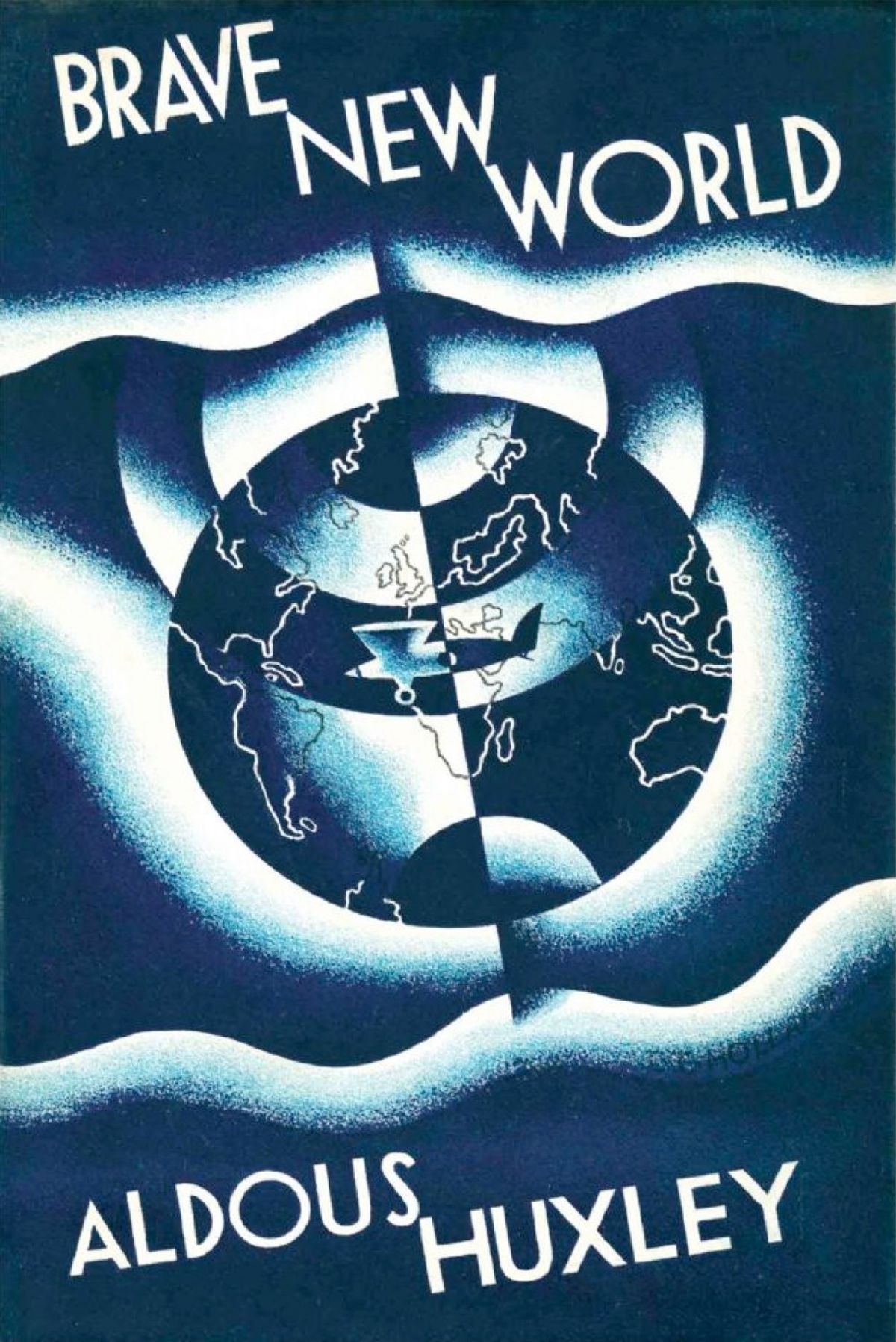Reviewed by John Spencer
Some works of literature are worth re-reading, and Aldous Huxley’s Brave New World is just one of these works. Published in 1932, the novel explores a world where individuality, emotional depth, and intellectual curiosity are sacrificed for stability and social harmony.
The book delves into the future of a dystopian society or a society in which individual freedoms are gone, and technological control, surveillance, propaganda and mass conformity rule.
Set in the World State, a technologically advanced society, humans are engineered and conditioned into castes, from the intelligent Alpha elite to the menial Epsilon workers. Emotions, relationships, and critical thinking are suppressed through genetic manipulation, behavioral conditioning, and the widespread use of the drug ‘soma’, which ensures constant pleasure and compliance.
The protagonist, Bernard Marx, begins to question this controlled existence but struggles to break free from its grip. When he brings John the “Savage” into civilization, the contrast between natural human emotion and the sterile, pleasure-driven world becomes strikingly clear.
Today, while no single entity fully replicates Huxley’s Brave New World, the convergence of big tech, centralized governance, mass surveillance, pharmaceuticals, and entertainment-driven distractions suggests that we are edging toward a reality where comfort and control are prioritized over freedom and individuality, one of the novel’s most profound warnings.
Tech giants like Google, Meta, and Amazon shape human behavior through data tracking, digital addiction, and algorithm-driven distractions. The World Economic Forum (WEF) and other global technocratic bodies emphasize stability and systemic efficiency, often at the expense of personal agency. Meanwhile, China’s Social Credit System and the global expansion of AI surveillance and digital IDs are redefining privacy and control.
We are in a time of hyper-consumerism, instant gratification, and dopamine-fueled digital experiences dominate everyday life, leaving little room for deep reflection or critical thinking. At the same time, there is an increasing reliance on pharmaceuticals—from antidepressants to opioids—to maintain social stability, mirroring the pacifying role of soma in Huxley’s vision.
It is crucial to revisit Brave New World now, as we stand at a crossroads in an era of unchecked technological advancement. Innovations in robotics, artificial intelligence, and digital media are shaping civilization in ways eerily like the world Huxley envisioned. As technology increasingly dictates our happiness and dictates our reality, we must question whether we are truly advancing—or simply being conditioned to accept artificial pleasure over real autonomy.
To ignore these shifts is to risk sleepwalking into the very dystopia Huxley warned against. Like Bernard Marx, we must remain aware, critical, and unwilling to trade freedom for the illusion of stability. I strongly encourage every reader to explore—or revisit—Brave New World and critically reflect on the direction our society is heading.








